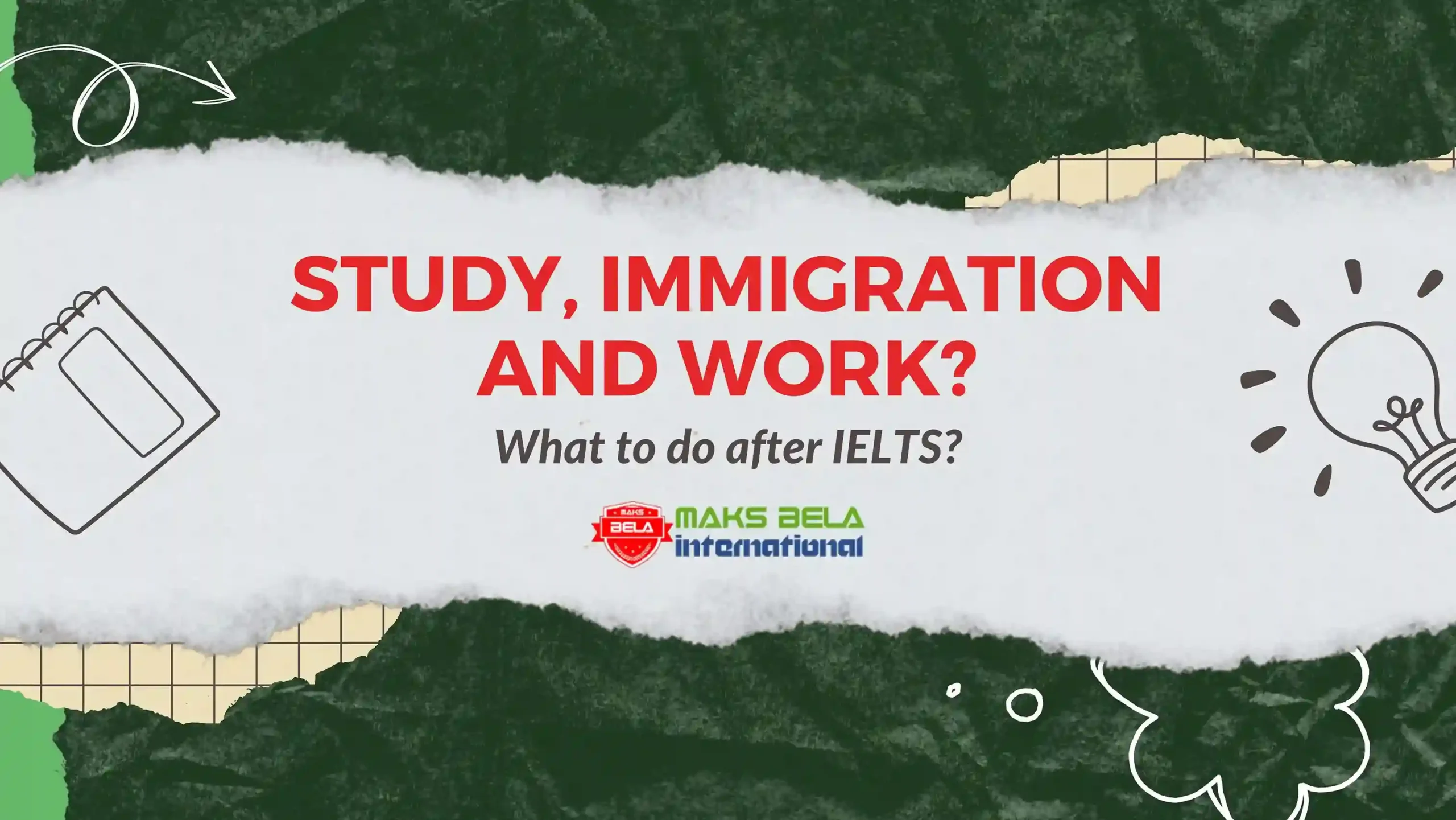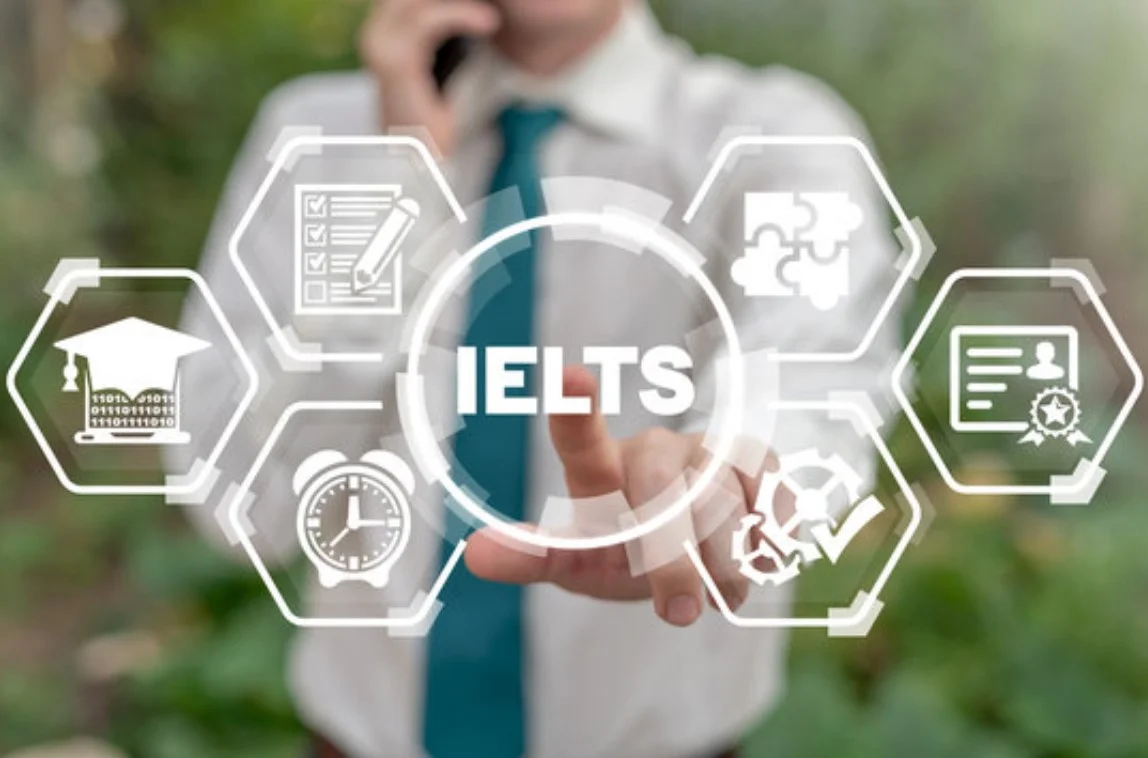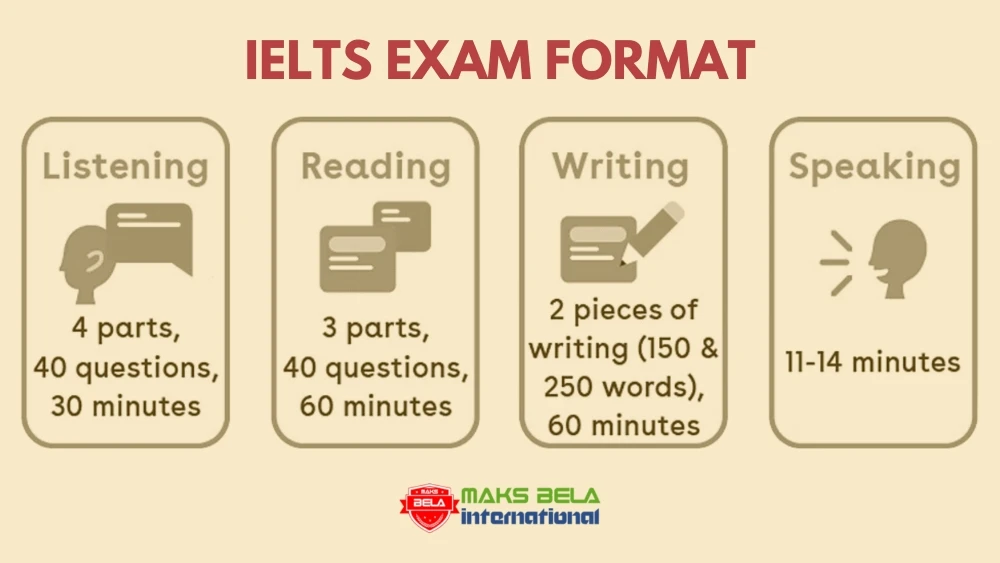
Study, Immigration & Work: What to do after IELTS
Are you considering pursuing education or obtaining professional registration? Perhaps your goal is to work or migrate to an English-speaking country? What to do after IELTS?
Keep in mind that International English Language Testing System is more than just an exam; it is an inspiring journey. The experience of taking the IELTS test prepares you to overcome important life difficulties and realize your full potential. It not only gives you additional future alternatives, but it also serves as an important stepping stone toward your goals.

What is IELTS?
The International English Language Testing System (IELTS) is a crucial requirement for anybody looking to study, migrate, or work in English-speaking nations. However, the journey does not finish with the IELTS exam; it is the start of a new chapter full of chances and challenges. In this article, we’ll look at the numerous choices accessible after finishing the International English Language Testing System, including further studying, migration, and career development.
After completing the IELTS — What to do after IELTS?
With IELTS, numerous opportunities open up. You can pursue higher education globally, as universities widely accept IELTS. It facilitates immigration, as many countries require IELTS scores for visa applications. Completing the International English Language Testing System opens doors to several exciting possibilities:
Study Abroad: Gain admission to hundreds of institutions and colleges worldwide and pursue your academic goals in an English-speaking environment.
Boost Your Career: Increase your work possibilities by pursuing opportunities in English-speaking nations where the IELTS is accepted.
Immigration: Meet the visa requirements for numerous countries to realize your dream of starting a new life in an English-speaking country.
Gain Confidence: Improve your English language competence while developing communication skills and personal growth.
The International English Language Testing System provides a stepping stone that may lead to scholarships, overseas travel, and personal growth.
IELTS for Study
One of the most typical pathways after passing the International English Language Testing System is to pursue further study in an English-speaking nation. IELTS results reflect competency, which opens access to many institutions and schools throughout the world. Whether you choose to study undergraduate or postgraduate, there are several options available.
Why Choose IELTS for Study?
Choosing International English Language Testing System for study has various advantages. IELTS is widely recognized by colleges throughout the world, making it an attractive option for overseas students. It evaluates language abilities thoroughly, including listening, reading, writing, and speaking. IELTS, with its emphasis on real-life communication skills, applicability to academic contexts, and worldwide recognition, is a trustworthy predictor of a student’s preparation for English-speaking educational environments.

Planning Your Study Abroad Journey with IELTS
If you’re thinking of studying abroad and What to do after IELTS, here are a few things to consider:
1. Research Your Target Universities and Programs
- Start by finding institutions and programs that match your academic interests and career goals.
- Thoroughly investigate their English language requirements, which could differ based on their institution and program.
- Some institutions may have differing score requirements for each area of the International English Language Testing System test.
2. Prepare for the IELTS Test
- Once you’ve determined the needed score, begin preparing for the IELTS test well in advance. There are several resources available to assist you, including official IELTS exam preparation materials, online courses, and individual trainers
- Make sure you understand the exam format, question types, and scoring criteria.
- Practice consistently under timed situations to recreate the actual test experience.
3. Apply to Universities
- Once you have attained your target International English Language Testing System score, begin the application process for your preferred colleges.
- Submit all application deadlines and criteria, including submitting transcripts, articles, and letters of recommendation.
- Highlight your academic accomplishments, extracurricular activities, and any relevant work experiences in your application to demonstrate your well-rounded profile.
4. Seek professional guidance
If you need help navigating the application process or preparing for the IELTS exam, consult with an education consultant or International English Language Testing System instructor.
IELTS for Immigration
International English Language Testing System is an important part of many country’s immigration processes, providing as a gateway for people looking to start a new life in another country. Understanding the immigration processes and standards is critical to a successful move.
Why Choose IELTS for Immigration?
Many countries demand IELTS scores as part of the immigration process, which serves as a standard for language competency. International English Language Testing System evaluates basic communication abilities in listening, reading, writing, and speaking, ensuring that immigrants can effectively participate in daily activities. IELTS’ global reputation and acceptability by immigration authorities make it a priceless resource for people looking to migrate to English-speaking countries.

Navigating the Immigration Path with IELTS
If you are interested in moving to an English-speaking country, here is a path to help you:
1. Research Your Target Country
- Begin by extensively researching the immigration criteria of your targeted country. Each country has different visa categories and English language competency requirements.
- Understand the International English Language Testing System score required for your preferred immigration category. These requirements frequently change based on factors such as your age, educational background, and job experience.
2. Prepare IELTS Test
- After determining the goal score, set aside enough time to thoroughly prepare for the IELTS test. Take advantage of a variety of resources, including official IELTS practice materials, International English Language Testing System online courses, and individual coaching.
3. Gather Required Documentation
- In addition to your International English Language Testing System score, immigration applications require several documents. Compile all required papers, such as passports, transcripts, medical certificates, and proof of funds, according to your target country’s regulations.
4. Network and Connect
- Connect with people who have successfully immigrated to your preferred country. Their ideas and experiences might be quite useful in your journey.
IELTS for Work
Strategic planning and career development are essential for people who aim to enter the workforce immediately after passing the IELTS. Here are some steps to assist you start your professional journey:
Why Choose IELTS for Work?
Several benefits make International English Language Testing System a popular choice for job growth. Many businesses worldwide see International English Language Testing System scores as a credible indicator of English language competency. Its emphasis on practical communication guarantees that learners well-prepared for professional encounters. Moreover, IELTS is a worldwide recognized standard, giving individuals a significant certification for international career chances.

Charting Your Job with IELTS:
1. Research the Job Market
- Begin by thoroughly examining the job sector in your preferred country and industry. Identify in-demand positions that match your skills, experience, and qualifications.
- Thoroughly investigate the English language competency criteria for your new job. These requirements vary according to the job, sector, and the company.
2. Prepare for the Test
- Choose Academic for university applications or IELTS General Training for work. Regularly practice under timed situations to create the actual test scenario.
3. Craft a Compelling Resume
- Customize your CV to emphasize your English language skills prominently. Quantify your accomplishments, highlight valuable skills, and match your CV to the job description, stressing the language skills needed for the role.
4. Prepare for Job Interviews
- Prepare queries about your English language abilities and societal change during employment interviews. Practice your replies ahead of time to demonstrate your confidence and communication skills in English.

The International English Language Testing System is just one factor that will be considered when you are applying to study, migrate, or work in an English-speaking country. Other criteria to consider are your academic qualifications, professional experience, and personal attributes. The process of studying, migrating, or working in an English-speaking country can be complex. It is important to do your research and seek professional advice if necessary.
I hope the post provided an effective overview of what to do following IELTS. Good luck with your future endeavors!
FAQS
What is the difference between IELTS academic and general?
The IELTS Academic test is typically used for university admissions. International English Language Testing System General Training is intended for immigration needs. The requirements are defined by the company where you wish to work or study. So, before booking your exam, make sure it’s the most suitable one for you.
Which IELTS should I take for work and study?
The International English Language Testing System Academic test is typically used for university admissions. International English Language Testing System General Training, on the other hand, is intended for migration needs. The prerequisites are defined by the company where you wish to work or study. So, before booking your exam, make sure it’s the proper one for you.
Which IELTS is required for work permit?
Academic International English Language Testing System: This test is necessary if you intend to pursue higher education in an English-speaking nation. General Training IELTS: Take this test if you intend to train or work in an English-speaking nation.
What type of International English Language Testing System is required for work?
Some organizations demand the IELTS General Training test, some the International English Language Testing System Academic test, and some accept both. The IELTS General Training test covers activities relating to social and workplace situations, thus it is approved by a wide range of vocational training centers and professional organizations.






Leave a Reply